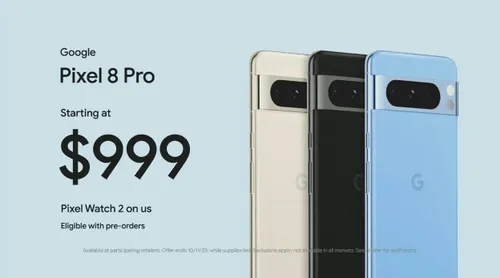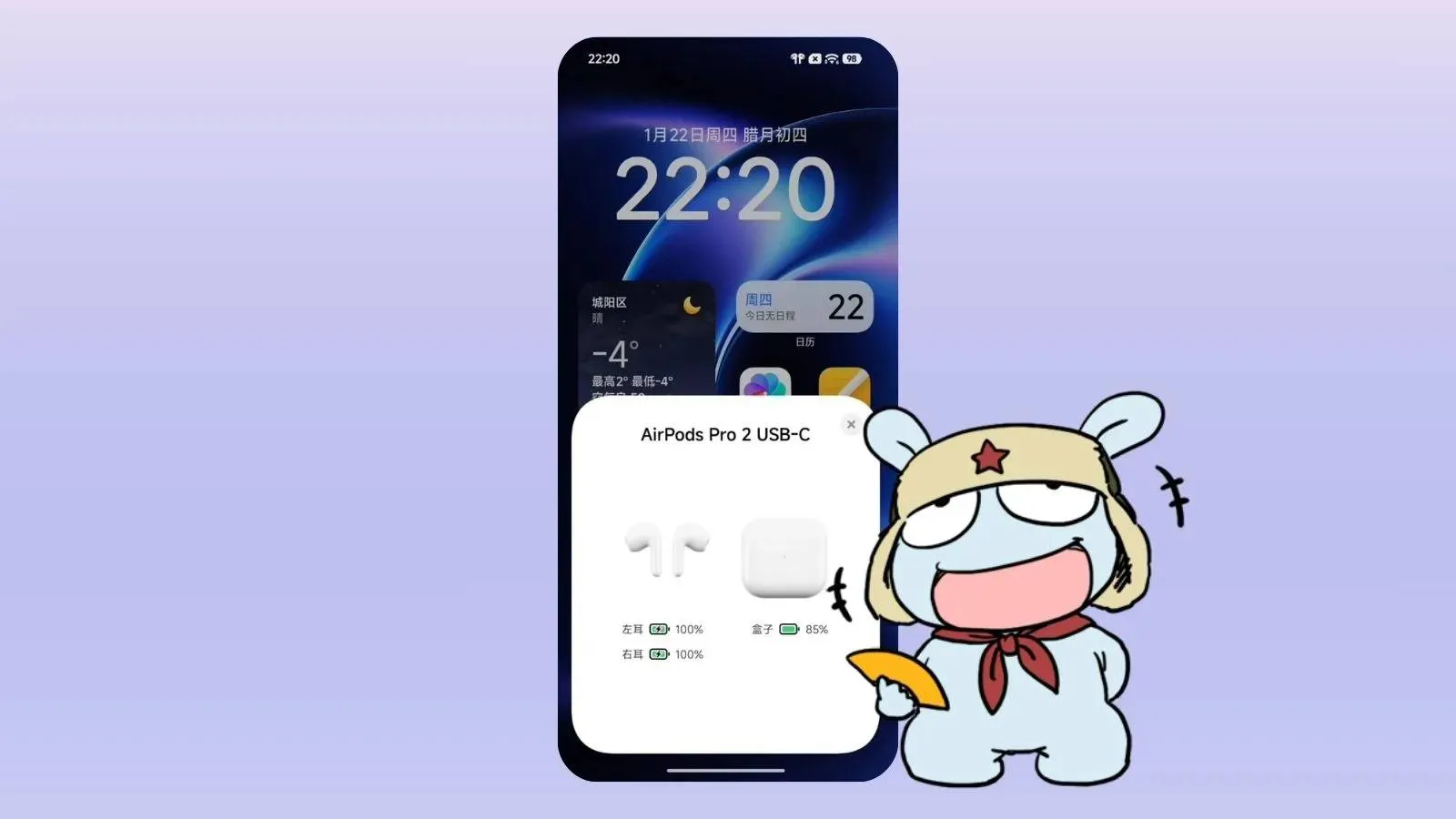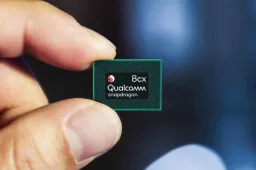Google has confirmed that it blocked the installation of benchmark apps from the Play Store on its new Pixel 8 series. This move has been criticized by some as an attempt to hide the shortcomings of the Tensor G3 chip, which powers the Pixel 8 and Pixel 8 Pro phones. In this article, we will explore Google's decision to block benchmarking software and the reasons behind it.

Background
Before we dive into the reasons behind Google's decision to block benchmarking software, let's first understand what benchmarking is. Benchmarking is the process of measuring the performance of a device or system against a set of standardized tests. These tests are designed to simulate real-world usage scenarios and provide a score that can be used to compare the performance of different devices.
Benchmarking is an important tool for consumers who want to make informed decisions when purchasing a new device. By comparing the benchmark scores of different devices, consumers can get an idea of how well a device will perform in real-world scenarios.
Google's decision to block benchmarking software
Google has confirmed that it intentionally blocked mobile benchmarks on the Pixel 8 and Pixel 8 Pro during the review embargo period of the phones. According to the company, the reason for blocking reviewers from easily installing and running benchmarks on their Pixel 8 and Pixel 8 Pro devices was to prevent their scores from leaking.
However, Google confirmed to NotebookCheck that "reviewers who knew how, could sideload the benchmarking apps and run the tests regardless".

Image Credit: Google Blog
Some people criticize this move as an attempt to hide the weakness of the Tensor G3 chip. This is the chip that powers the Pixel 8 and Pixel 8 Pro phones. Critics argue that by blocking benchmarking software, Google is preventing users from making informed decisions.
Google's response
Google has responded to the criticism by stating that the company did not block benchmarking apps to hide the shortcomings of the Tensor G3 chip. Instead, the company reiterates that it blocked benchmarking apps to prevent reviewers from publishing false benchmark scores.
In a statement to Notebookcheck, Google said... "We blocked benchmarking apps during the review embargo period to prevent inaccurate scores from being published, which could mislead consumers. We believe that benchmarks should be run in a way that accurately reflects real-world usage scenarios. Also, we work with benchmarking organizations to ensure that their tests are representative of real-world usage scenarios."
Conclusion
Google's decision to block benchmarking software on the Pixel 8 and Pixel 8 Pro phones is facing criticism. Some claim that the move is an attempt to hide the weakness of the Tensor G3 chip. However, Google has responded by stating that the company blocked the apps to prevent reviewers from posting fake scores. The debate over the reasons behind Google's decision to block the software continues. Benchmarking is an important tool for users who want to make informed decisions when buying a new device.
Popular News
Latest News
Loading




